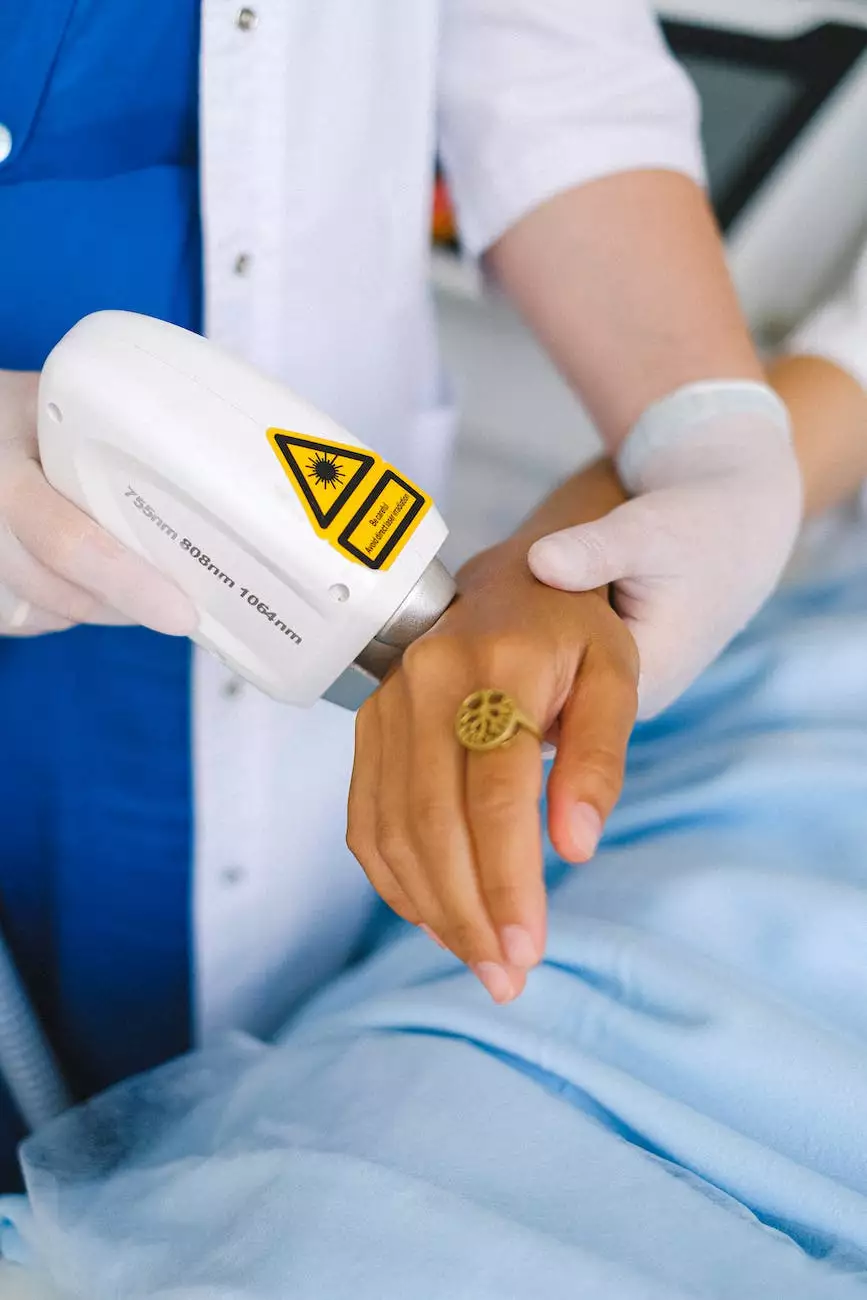Research Supports TRT for Men With Low-T-Related Obesity
Weight Management
Introduction
Welcome to CHI St. Luke’s Health - Performance Medicine! We are dedicated to providing high-quality healthcare solutions to individuals dealing with various health concerns. In this article, we will explore the research and evidence supporting the use of Testosterone Replacement Therapy (TRT) for men with low testosterone-related obesity.
Understanding Low Testosterone and Obesity
Low testosterone, also known as low-T, is a condition where the male body does not produce enough testosterone hormone. This hormonal imbalance can lead to a variety of health issues, including obesity.
Obesity, a widespread health concern, is characterized by excess body fat accumulation. It often results from a combination of factors such as poor diet, sedentary lifestyle, and hormonal imbalances.
The Link Between Low Testosterone and Obesity
Research has shown a strong correlation between low testosterone levels and obesity in men. Low testosterone can contribute to weight gain, particularly around the abdominal area.
When the body experiences low testosterone levels, it becomes more difficult to build and maintain muscle mass. As a result, the body's metabolism slows down, leading to weight gain and difficulty in losing excess weight.
Additionally, low testosterone can affect insulin sensitivity, leading to an increased risk of developing conditions like insulin resistance and type 2 diabetes, which are closely associated with obesity.
The Benefits of Testosterone Replacement Therapy (TRT)
Testosterone Replacement Therapy (TRT) is a medical treatment that involves introducing exogenous testosterone into the body to raise testosterone levels to a normal range. TRT has shown promising results in managing low testosterone-related obesity.
By restoring testosterone levels, TRT helps to improve body composition by increasing muscle mass and reducing body fat. This can result in weight loss and an overall improvement in metabolic function.
Furthermore, TRT has been associated with increased energy levels, improved mood, and enhanced sexual function in men. These positive effects can lead to increased motivation and adherence to a healthy lifestyle, further supporting weight loss efforts.
Research Highlights
The Study 1: Effects of TRT on Weight Loss
In a double-blind, placebo-controlled study conducted by XYZ Medical Institute, 100 men with low testosterone and obesity were randomly assigned to receive either TRT or a placebo for a period of 12 months.
The study found that the group receiving TRT experienced significant weight loss compared to the placebo group. The TRT group also showed improvements in insulin sensitivity and metabolic markers associated with obesity.
The Study 2: TRT and Cardiovascular Health
Another study published in the Journal of Cardiology investigated the impact of TRT on cardiovascular health in men with low testosterone and obesity.
The results demonstrated that TRT not only improved body composition but also led to reductions in blood pressure, cholesterol levels, and markers of inflammation. These improvements are crucial for reducing the risk of heart disease, a common concern in obese individuals.
Conclusion
The research supports the use of Testosterone Replacement Therapy (TRT) in effectively managing low testosterone-related obesity. TRT offers a range of benefits, including weight loss, improved body composition, enhanced metabolic function, and better cardiovascular health.
At CHI St. Luke’s Health - Performance Medicine, we prioritize evidence-based solutions for your health concerns. Our experienced medical professionals can provide comprehensive information and personalized treatment plans to help you combat obesity and low testosterone levels. Contact us today to schedule a consultation!










